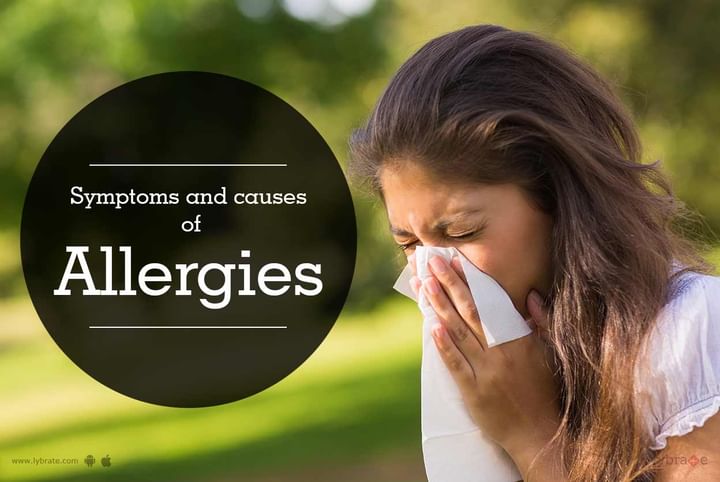Symptoms and Causes of Allergies
Allergies, or allergic reactions, are common occurrences, which are caused by unnatural reactions between your body's immune system and foreign substances, which have gained access into the body. When these substances, known as allergens, enter your body, your immune system produces antibodies, which are responsible for warding off unwanted substances like harmful viruses or diseases and helping in the body's overall resistance.
However, when antibodies identify a particular allergen as harmful, when it really isn't, a reaction occurs which may lead to inflammation or infection of the skin, sinuses, the digestive tract and the respiratory tract, among others. Allergies usually differ from individual to individual and can vary from mild skin irritations to fatal life-threatening emergencies.
Symptoms
Symptoms of allergies depend upon a wide range of factors, which are subjective and vary from person to person and from allergen to allergen. Depending upon the type of allergen involved and the nature of the allergy, symptoms may include any of the following:
- Sneezing
- Running nose
- Severe itching
- Swollen or red and watery eyes
- Hives
- Rashes
- Facial swelling
- Wheezing
- Flaky skin which can peel off
These symptoms are common in mild to moderate allergies, such as atopic dermatitis, hay fever, drug or food allergies. There are certain rare cases (say, scorpion stings), however, in which the allergic reaction turns out to be potentially life-threatening. This type of reaction is known as anaphylaxis. Here are its signs and symptoms:
- Intense shortness of breath
- Lightheadedness
- Nausea and vomiting
- Loss of consciousness
- Skin rashes
- Weak pulse
- A significant drop in blood pressure
Causes
The main cause of allergy is the uncontrolled reaction between the immune system's antibodies and harmless allergens. Allergic reactions are triggered when antibodies, like histamine, come into contact with particular types of allergens. These may include:
- Airborne allergens: Pollen, mold, or dust mites
- Insect stings: Bee stings or scorpion stings
- Certain eatables: Peanuts or sea food
- Medications: Penicillin or penicillin-based antibiotics
- Latex: Latex or other substances, which are responsible for causing allergic skin reactions



+1.svg)
